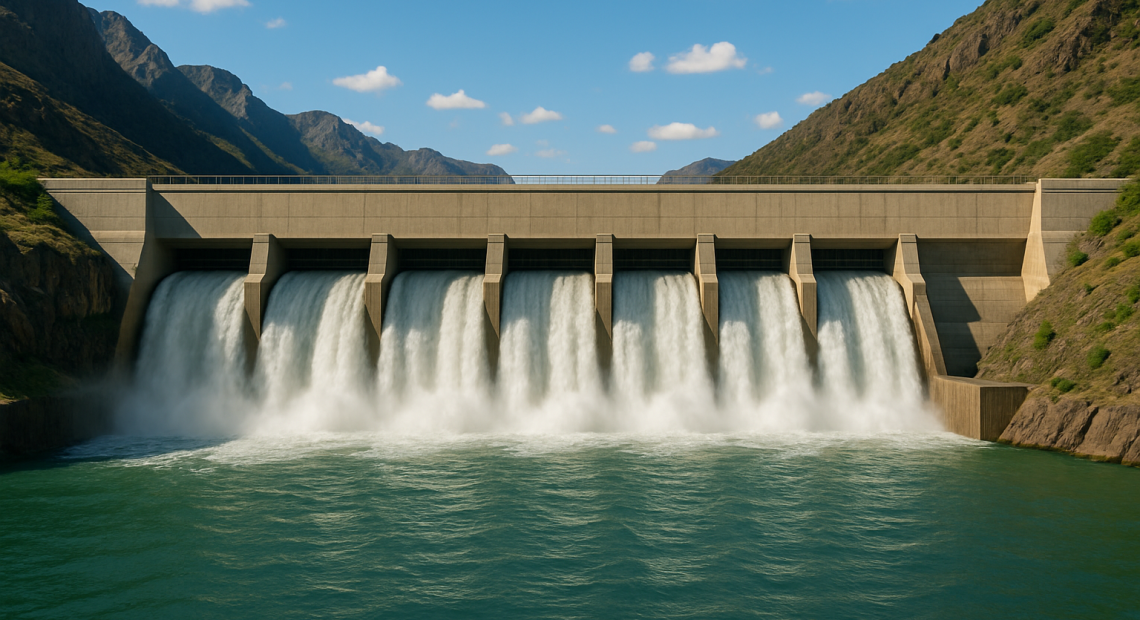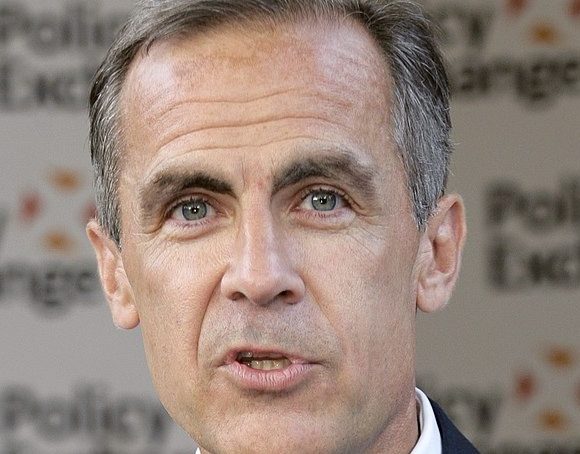
Pakistan Urges India to Reinstate Indus Waters Treaty
Pakistan has formally urged India to restore the Indus Waters Treaty, which was suspended by New Delhi on April 23, 2025, following the Pahalgam terror attack that left 26 people dead. The appeal comes amid growing concerns over Pakistan’s water security and agricultural dependence on the Indus river system.
India suspended the treaty citing Pakistan’s continued patronage of cross-border terrorism. The decision marked a significant shift in India’s long-standing adherence to the 1960 agreement that has withstood wars and political hostilities for decades.
Repeated Appeals from Pakistan
Pakistan’s Water Resources Secretary, Syed Ali Murtaza, has reportedly sent multiple formal communications to India’s Jal Shakti Ministry. These letters request New Delhi to review its suspension of the agreement and reinstate normal water-sharing protocols, including the exchange of hydrological data critical to Pakistan’s agriculture and water management.
The correspondence highlights Pakistan’s concern over the “unilateral” nature of the suspension, calling it a violation of the spirit of mutual cooperation embedded in the original treaty.
India’s Firm Stand: No Talks Under Threat
India has reiterated its stance that talks on restoring the Indus Waters Treaty can only resume once Pakistan halts its support for terrorism in any form. The Ministry of External Affairs made it clear that dialogue is not possible with a state that “has not irreversibly ceased cross-border terror activities.”
As part of the suspension, India has also stopped the routine sharing of data on water flow in the Indus, Jhelum, and Chenab rivers — information that Pakistan has historically relied upon to manage its irrigation and flood planning systems.
Strategic and Economic Implications
The treaty, which grants Pakistan access to nearly 80% of the Indus system’s waters, is a cornerstone of its national water infrastructure. Its suspension has already triggered internal anxiety over looming water shortages, especially as the summer sowing season begins. Agriculture accounts for a large share of Pakistan’s GDP and employment, making the issue both urgent and politically sensitive.
Meanwhile, India has signaled that it is reviewing older agreements through a new strategic lens — one that prioritizes national security over legacy diplomatic obligations. The shift marks a broader recalibration of India’s policy posture toward its western neighbor.
Outlook
The fate of the Indus Waters Treaty now hangs in balance, caught between diplomatic deadlock and security imperatives. Unless Pakistan demonstrates tangible steps to dismantle its terror infrastructure, India appears unlikely to revisit the suspension.
This impasse represents more than a breakdown in water-sharing — it’s a reflection of the deeper collapse in trust between the two nuclear-armed neighbors.


















